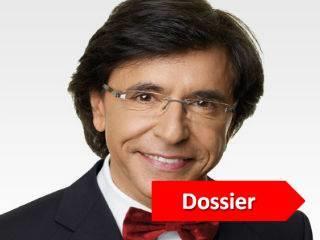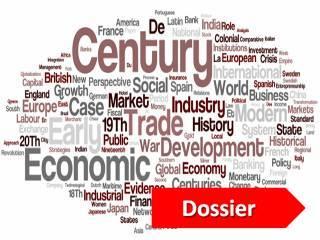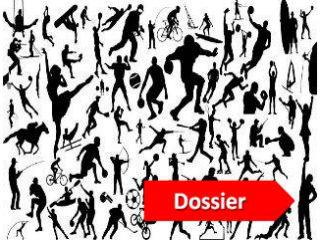
Lessons for the EU
Once, the European Community was invented to solve economic problems in and between European countries; nowadays it is the European Union itself that is the problem...
EBR presents in this Special Report five articles which have in common that the authors respectively present a more or less surprising but anyhow specific view on how the European Union should look at and handle the continuing political and economic crisis. Certainly worth to read, may be worth to practice the suggested proposals.

A European approach to corporate tax
State aid rules however have little to do with convergence of fiscal policies, and the Commission has never said that this should ultimately be the outcome of its investigations. The idea of state aid control is not to prevent free-riding as such.

Europe Has More to Fear than Fear Itself
The French foreign policy analyst Dominique Moïsi in 2009 came up with a new set of analytical categories to make sense of the post-9/11 world.

Europe must listen to its people
Imposing reforms that are sometimes considered humiliating is the best way to jeopardize the construction of Europe, and plant the seeds of social devastation, populism and extremism.

Rethinking How Economies Work
While many excellent economists have shed light on a wide variety of subjects, we still have only a sketchy grasp of how economies work – and what passes for economic “science” is often bunk.

How Europe can learn from sports industry successes
Yet sport is one of those very rare and precious industries in the EU, dynamic, competitive, rapidly growing and a sector in which foreign markets are clamoring to buy our products and indeed invest in.



 By: N. Peter Kramer
By: N. Peter Kramer
